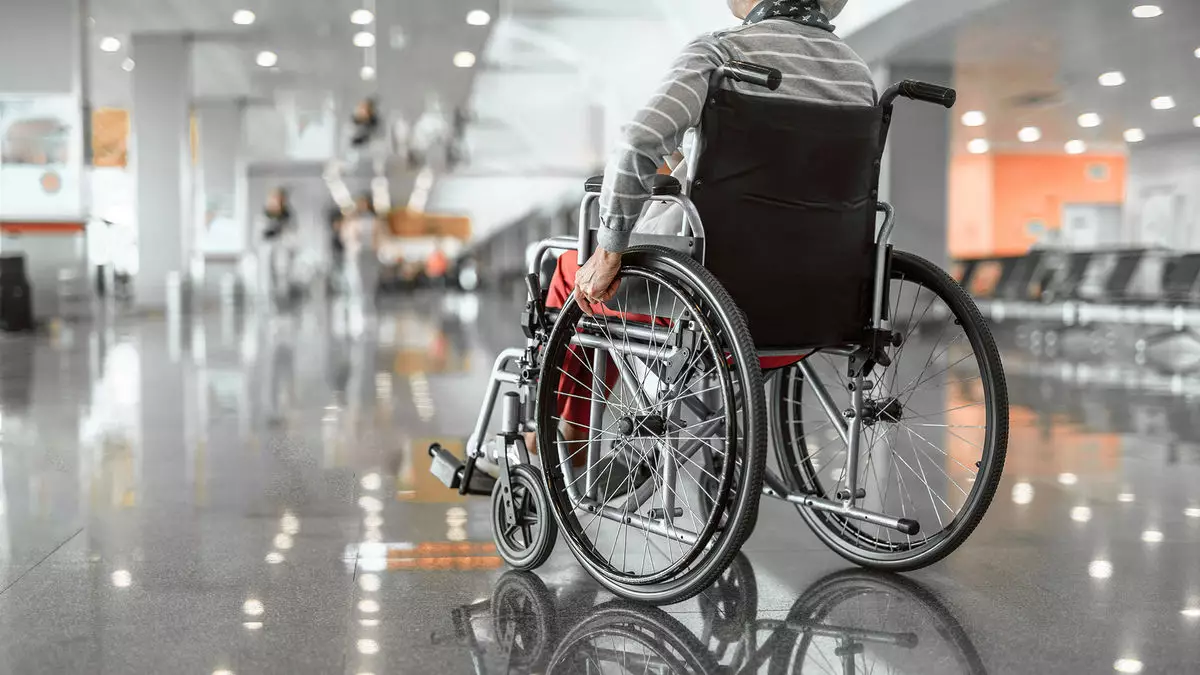In an effort to enhance the travel experience for passengers who rely on wheelchairs, the Transportation Department (DOT) has introduced a comprehensive set of regulations designed to hold airlines accountable. These measures tackle an issue that has long been a point of contention for advocacy groups, who have consistently challenged the mishandling of wheelchairs by airlines. The initiatives aim not only to define mishandling more clearly but also to demand accountability from air carriers, thereby ensuring passengers can expect the same level of care for their mobility devices as they do for their standard checked luggage.
The new regulations include a precise definition of what constitutes a mishandled wheelchair, allowing the DOT to impose fines on airlines for failing to return these devices in their original condition. With recent statistics indicating that the ten largest U.S. carriers mishandle around 1.4% of checked wheelchairs and scooters, which is significantly higher than the mishandling rate of regular luggage, the urgency for reform is clear. Advocacy groups have long decried the inconsistency and lack of accountability in how airlines handle the equipment essential for many travelers’ mobility, making this a pivotal step toward better air travel experiences for people with disabilities.
Another noteworthy aspect of the regulations is the mandate for annual training for airline staff involved in the loading and assistance of passengers using wheelchairs. This means that before any employee can handle a wheelchair, they must undergo robust training—a significant improvement over previous regulations that allowed for training every 18 months. This change reflects a commitment to ensuring that those responsible for handling mobility equipment are properly trained and able to provide necessary assistance effectively and compassionately.
Furthermore, these regulations introduce stringent guidelines for airlines regarding the repair or replacement of damaged wheelchairs. Airlines are now expected to facilitate prompt assistance for travelers needing help with boarding and disembarking, as well as making connections during layovers. The requirement for airlines to disclose cargo hold dimensions also empowers travelers to make informed decisions about their bookings, ensuring that their mobility devices can be accommodated safely.
In addition to these measures, airlines must now reimburse passengers for any fare difference if a disabled traveler needs to book a different flight due to concerns about cargo hold capacity. Such financial accountability further underscores the intention behind these regulatory changes—to create an equitable travel environment for all.
DOT Secretary Pete Buttigieg has emphasized that these protective measures are about establishing a new standard in air travel, aimed at ensuring dignity and safety for wheelchair users. With a timeline set for implementation stretching from January 16 to June 17, 2026, it is clear that the new regulations are designed to address long-standing grievances in air travel. As the larger framework of air travel evolves, these changes represent a significant step forward in recognizing and meeting the needs of passengers with disabilities, thereby fostering an inclusive and respectful travel experience for all.

